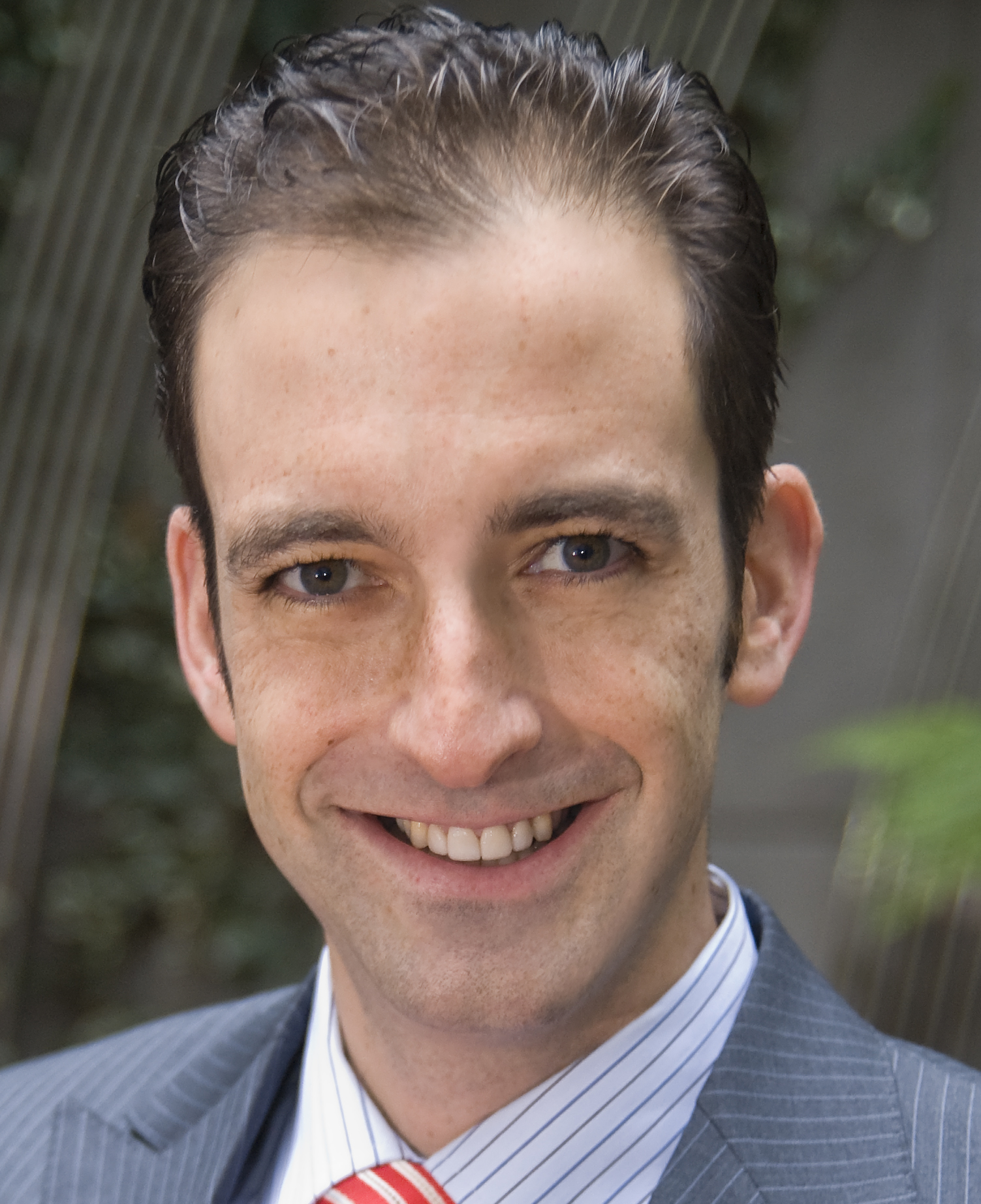
Pooling information gathered in large, observational studies helps scientists tease out the secrets of prostate cancer. Which ethnic groups are most susceptible and why? Which tumors are more likely to progress? Who can be safely managed with active surveillance? What roles do lifestyle and diet play in prostate cancer? Only by looking at large numbers of men can investigators provide definitive answers to these questions. UCSF is a recognized leader in such efforts and has productively partnered with others.
“As our departmental resources have become richer data sources, we are having more opportunities for collaborative work,” says UCSF urologic cancer specialist Matt Cooperberg, MD, MPH. Some of these efforts are highlighted below.
The UCSF Cancer of the Prostate Strategic Urologic Research Endeavor (CaPSURE) constitutes one of the nation’s largest databases on prostate cancer. Since it began in 1995 under principal investigator Peter Carroll, MD, MPH, this longitudinal, observational study of 14,000 men with all stages of biopsy-proven prostate cancer has enrolled patients at 40 community urology practices, academic medical centers, and VA hospitals throughout the United States. CaPSURE research findings have expanded knowledge of prostate cancer risk prediction, diagnostic trends, treatment patterns, outcomes and quality of life. Investigators have published more than 125 articles in peer-reviewed journals and presented over 200 papers at professional conferences. Residents, medical students and fellows have authored many of the publications under the direction of senior investigators. The experience gained by these junior investigators has helped to shape and accomplish career goals.
Physicians participating in CaPSURE provide clinical data on patients who have consented to be in the study, including methods of screening, PSA values at diagnosis and at every patient visit, diagnostic and pathologic Gleason grade and stage, surgical pathology, and information on all treatments the patient undergoes. Patients contribute data before and at regular intervals after treatment, including information on urinary, bowel, and sexual function, general health, other conditions and medications, any lifestyle modifications they have made after diagnosis or treatment of prostate cancer, and their satisfaction with medical care.
The Prostate Active Surveillance Study (PASS) is designed to identify and validate biomarkers that predict aggressive prostate cancer so that men can be safely followed through active surveillance. Peter Carroll, MD, serves as principal investigator for UCSF, with funding from the Canary Foundation. PASS includes nine academic medical centers, with UCSF and the University of Washington serving as lead sites. The study is unique in that serum, urine and tissue are prospectively banked for analysis. UCSF has received funding from the Department of Defense to use these samples to identify and validate biomarkers that predict aggressive prostate cancer. These biomarkers will help refine the decision process for men who choose active surveillance in lieu of standard surgery or radiation.
The Comparative Effectiveness Analysis of Surgery and Radiation (CEASAR) study group includes a number of academic centers and focuses on comparing the effectiveness of surgery and radiation for localized prostate cancer. Funding is provided by the federal Agency for Healthcare Research and Quality (AHRQ). The study is designed to measure a variety of outcomes, including cancer control, costs and the side effects of treatment. Such information will be critical to a deeper understanding of which prostate cancer treatments may be most appropriate for certain patients. David F. Penson , MD, MPH, at Vanderbilt is principal investigator for this study, and participating centers include Cancer Institute of New Jersey, Emory University, Louisiana State University Health Sciences Center, New Orleans, University of California Irvine, University of Southern California and MD Anderson Cancer Center, in addition to UCSF.
In a study group similar to CEASAR, UCSF investigators have partnered with a consortium of academic centers led by Martin Sanda, MD, at Dana Farber/Harvard (Beth Israel Deaconess Medical Center), to look at the comparative effectiveness of robotic v. open surgery for prostate cancer. Robotic surgery is an expensive technology that has been heavily marketed and widely adopted in the last decade. As many as 80% of prostatectomies are performed with robotic assistance, but high-quality prospective multicenter studies have not been conducted to date. Indeed the Institute of Medicine has listed open v. robotic prostate surgery as a top priority for comparative effectiveness research. This study seeks to provide data on many outcomes, including urinary continence and sexual function following open and robotic surgery.